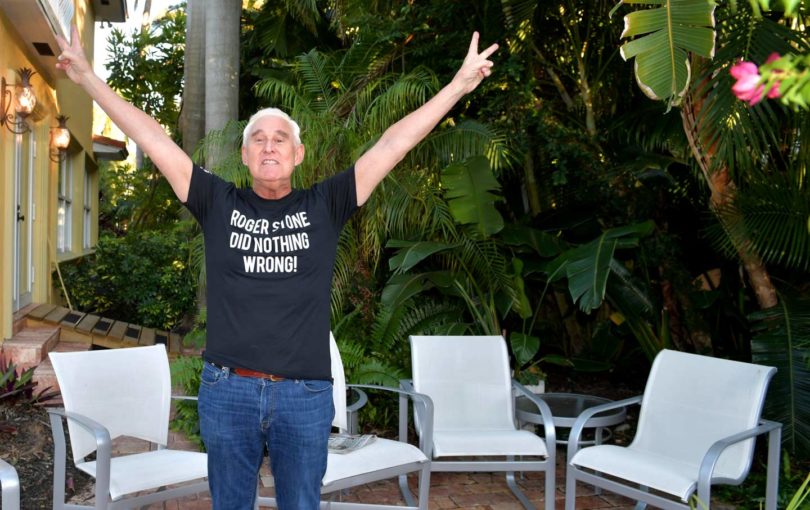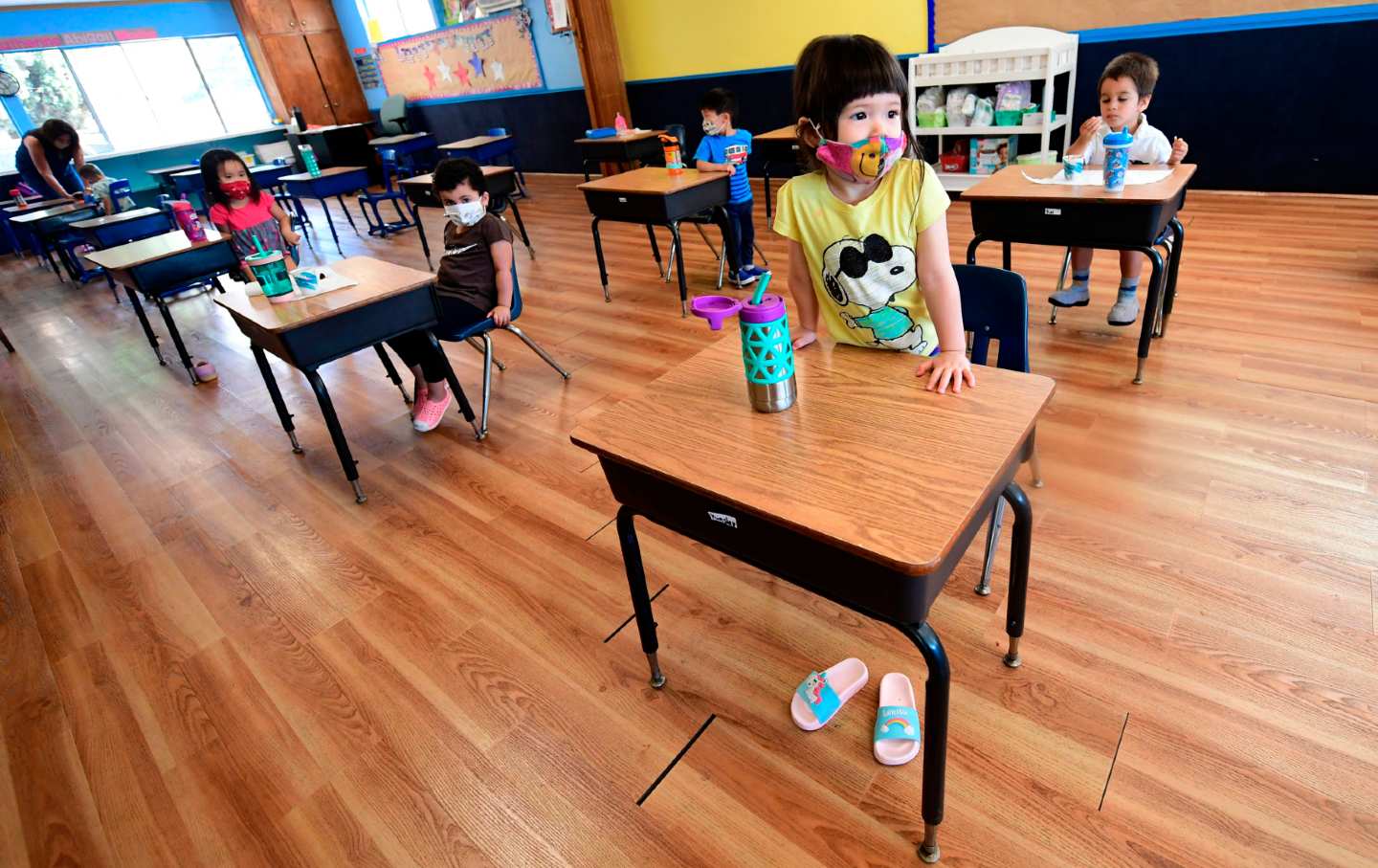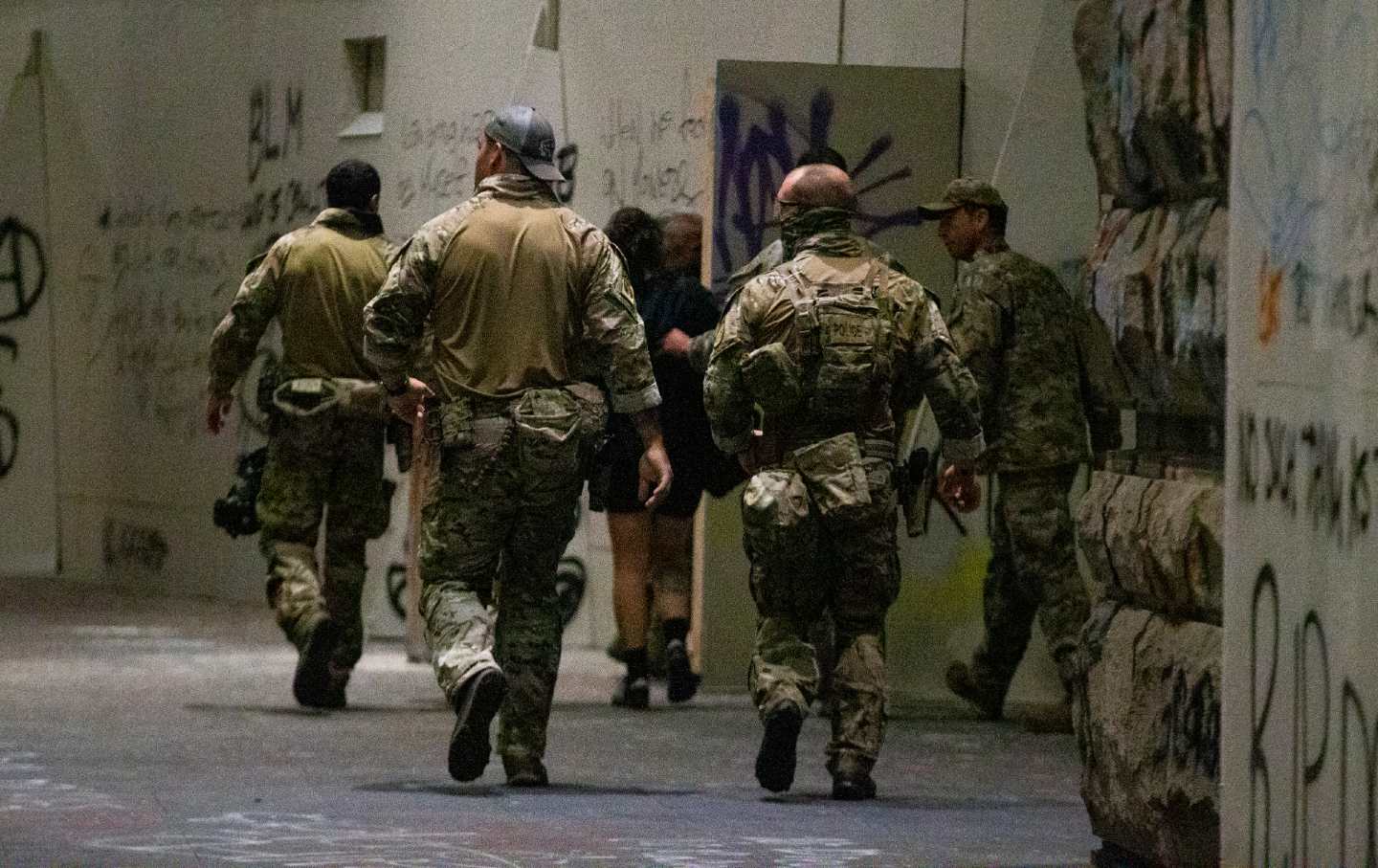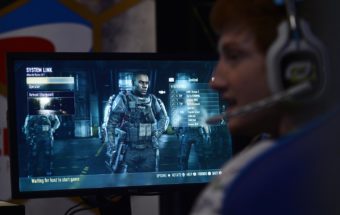A selected sample, but first this
EDITOR’S NOTE: The Nation believes that helping readers stay informed about the impact of the coronavirus crisis is a form of public service.
For that reason, this article, and all of our coronavirus coverage, is now free.
Please subscribe to support our writers and staff, and stay healthy.
(Frederic J. Brown / AFP via Getty Images)
Schools: To Open or Not to Open? That Is Not the Question.
The question is: Will the US government provide the safety net and wealth redistribution necessary to support life in this country?
The wealth gap between the richest and poorest families has more than doubled since 1989. And the top 1 percent of earners now hold more wealth than the bottom 80 percent. This chasm constrains the mobility of nearly every American, including kids. And it isn’t color-blind. A recent study found that for every dollar of wealth held by a household with white children, households with Black children have just one penny. Current debates about reopening schools must be placed in this context, because they illuminate broader and longer fights to remedy racially apportioned access to mobility, and thus longevity, in this country. For example, efforts to meet the basic needs of neighborhoods dogged by residential segregation, job losses, and other forms of what scholar Ruth Wilson Gilmore calls “organized abandonment and organized violence” have long used schools as a back door to resources. This is because front doors to resources are too often barricaded by a crushing mix of austerity, racism, and violence. And so schools have become depots for food, health care, broadband Internet service, and accessible services for kids with special needs. They have also become critical sanctuaries to protect children from domestic violence and child abuse.
> Defunding schools has now become a draconian American tradition. It is normalized as necessary and sometimes even celebrated as “innovation,” when privatized models peel away the precious and limited resources the public system offers.
> America needs a stronger safety net and a massive redistribution of wealth.
Our lives depend on it.
A truly robust safety net is the only intervention that can enable everyone to safely adhere to the restrictions internationally demonstrated to limit Covid-19 transmission and spread. A reduction of the local burden of Covid infection to below 1 percent of the population is the necessary condition for schools (or many businesses, for that matter) to safely reopen.
So here’s how to do it. . .
_______________________________________________________________________________
Even Nixon Didn’t Go As Far as TrumpI served on the House Judiciary Committee during Watergate. What Nixon tried to do in secret pales in comparison to what Trump does in the open.

Elizabeth Holtzman_______________________________________________________________________
Trump Unleashes His Secret Police in Portland
In a dangerous authoritarian move, federal agents in camouflage and without badges are rounding up American citizens.
Yesterday 10:26 am
One extract: "It’s like stop and frisk meets Guantanamo Bay,” attorney Juan Chavez told OPB. He added that these detentions were not following any rules of probable cause. “It sounds more like abduction. It sounds like they’re kidnapping people off the streets. . ."
_______________________________________________________________________________
Police and Law Enforcement
An internal memo, obtained exclusively by The Nation, details a coordinated program of domestic counterinsurgency.
_______________________________________________________________________
EDITOR'S PICKS





